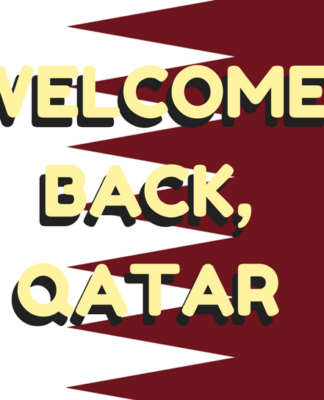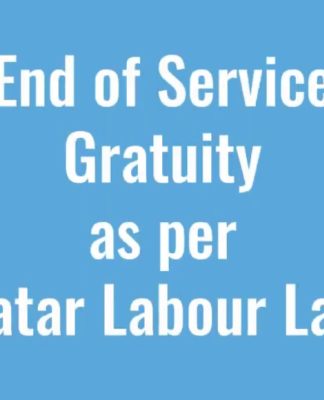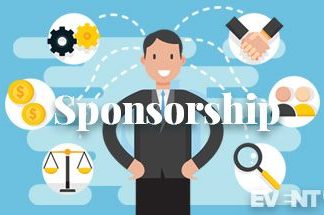GLOBAL IDEAS
Global Ideas in Focus: Circular Economy
GLOBAL IDEAS IN FOCUS: CIRCULAR ECONOMYGlobal Ideas in Focus: Circular EconomyCircular economy: could rethinking design transform the world?Food and the circular economyPlastic and the circular economyTextiles and the circular economyElectronics and the circular economy
From textiles and plastic, to electrical waste: the world is drowning in rubbish. We need to produce less and extend the lives of products. Could the concept of the circular economy show us how to live sustainably?
DW Global Ideas Webspecial Kreislaufwirtschaft Key Visual
In nature, nothing is wasted: all material is reused in a never-ending life cycle. However, in our current ‘linear’ economic system, after goods have served their purpose they usually end up adding to the sprawling mountains of toxic trash damaging our environment and climate.
The concept of the circular economy uses nature as its model and pushes for all material to be recycled and reused. Although less than 10% of the global economy operates according to this principle, the idea is gaining more support. Increasing numbers of people are implementing its practices in light of the current climate crisis.
Plastik Plastikmüll und Müllvermeidung
Circular economy: could rethinking design transform the world?
Some argue switching to a ‘circular economy’ is crucial when it comes to climate protection and sustainability. But what would it entail, and can it work on a global scale?
DW Global Ideas Webspecial Kreislaufwirtschaft Kategorie Lebensmittel
Food and the circular economy
Agriculture contributes a third of all global greenhouse gases. Manure from livestock and fertilizers pollute the soil, and monoculture farming and pesticides causes significant biodiversity loss. Yet more natural methods offer a different path when it comes to food production.
DW Global Ideas Webspecial Kreislaufwirtschaft Kategorie Kunststoffe
Plastic and the circular economy
Almost five billion tonnes of plastic have been thrown away since 1950. Today, huge islands of the material can be found floating in our oceans. As plastic can not easily be recycled, the search is on around the world to find alternatives that are less harmful to the environment.
DW Global Ideas Webspecial Kreislaufwirtschaft Kategorie Textilien
Textiles and the circular economy
Around 90 million tonnes of clothing are thrown away every year – much of it barely worn. And the textile industry has a significant impact on the climate, producing around 10% of all global greenhouse gases. It is clear we should be buying less and wearing what we have for longer. What role can design play in extending the lives of our garments?
DW Global Ideas Webspecial Kreislaufwirtschaft Kategorie Elektronik
Electronics and the circular economy
Products like computers, refrigerators and smartphones have become ubiquitous features of everyday modern life. Yet once they have served our purposes, the valuable raw materials used in them are rarely reused. Just 20% of e-waste is recycled globally. How can we find ways to increase ‘e-recycling’?
DW RECOMMENDS
Global Ideas in Focus: Circular Economy
From textiles and plastic, to electrical waste: the world is drowning in rubbish. We need to produce less and extend the lives of products. Could the concept of the circular economy show us how to live sustainably?
Date 22.11.2021
Related Subjects Recycling, Plastic pollution
Keywords Circular economy, Plastic, Recycling, Food waste, CO2, Greenhouse gases, E-Waste, Fast Fashion, Plastic waste
Feedback: Send us your feedback.
Print Print this page
Permalink https://p.dw.com/p/4396J






























